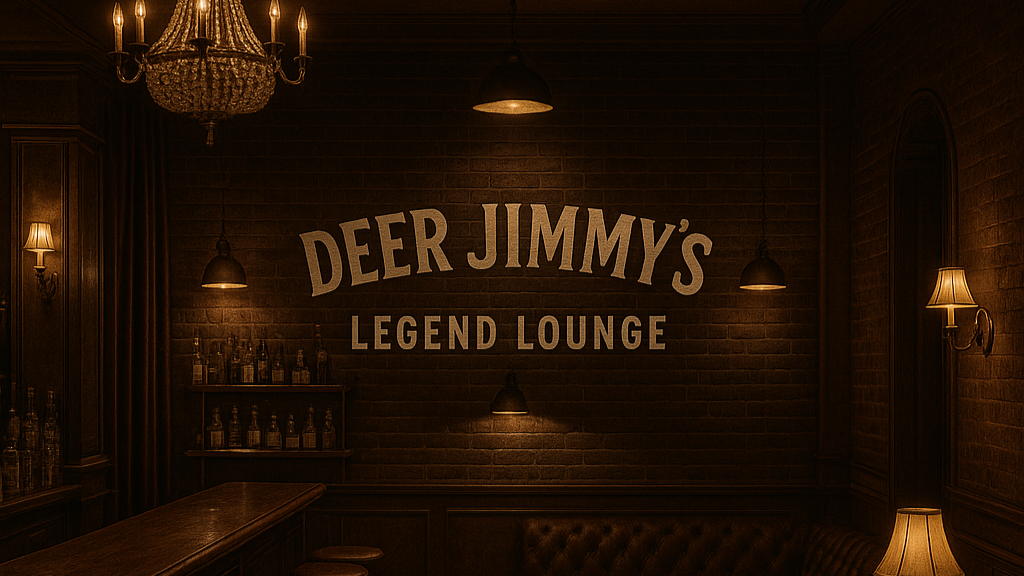The Legend's Notebook: Why You Should Keep Aging Notes
Your Taste Will Evolve — So Should Your Memory
The first time you age a bottle, everything feels new. You remember the spirit, the wood, the flavor shift. But five batches later? The details blur. Was that the calvados-aged genever or the bourbon-aged tequila? Was it three weeks or five? What seemed unforgettable becomes vague — unless you wrote it down. That’s where the legend begins: in the notebook.
Don’t Just Age It — Record It
You’re not just creating flavor. You’re building experience. Keeping notes turns a fun experiment into a repeatable craft. What base did you use? What chips? How long did it sit? What was the color on day ten? What changed after week four? These aren’t just stats. They’re your map. Your recipe for success — or your warning sign for what not to repeat.
Track Surprises, Not Just Plans
The magic of aging happens in the unexpected. A batch that started slow and then exploded with flavor. A blend you threw together that ended up tasting better than anything planned. Those moments? You won’t remember them unless you write them down. And when you do, you start to see patterns. Preferences. Signatures. That’s how you stop guessing — and start mastering.
Make the Notebook Part of the Ritual
Aging is already slow, intentional work. Adding a notebook makes it deeper. Taste, write. Wait, observe. Flip back and see how far you’ve come. It becomes more than data. It becomes your archive. Your private distillery log. And years from now, when you’re sipping Batch #24 and remembering how you nailed it on #7 — you’ll be glad you captured the journey.
Because Legends Don’t Just Age — They Keep Record
Any bottle can hold flavor. But only your notebook holds the story behind it. The thought, the trial, the breakthrough. And when someone asks, “How did you make this taste so damn good?” you won’t have to guess. You’ll open the page, pour a glass, and answer like a legend.









